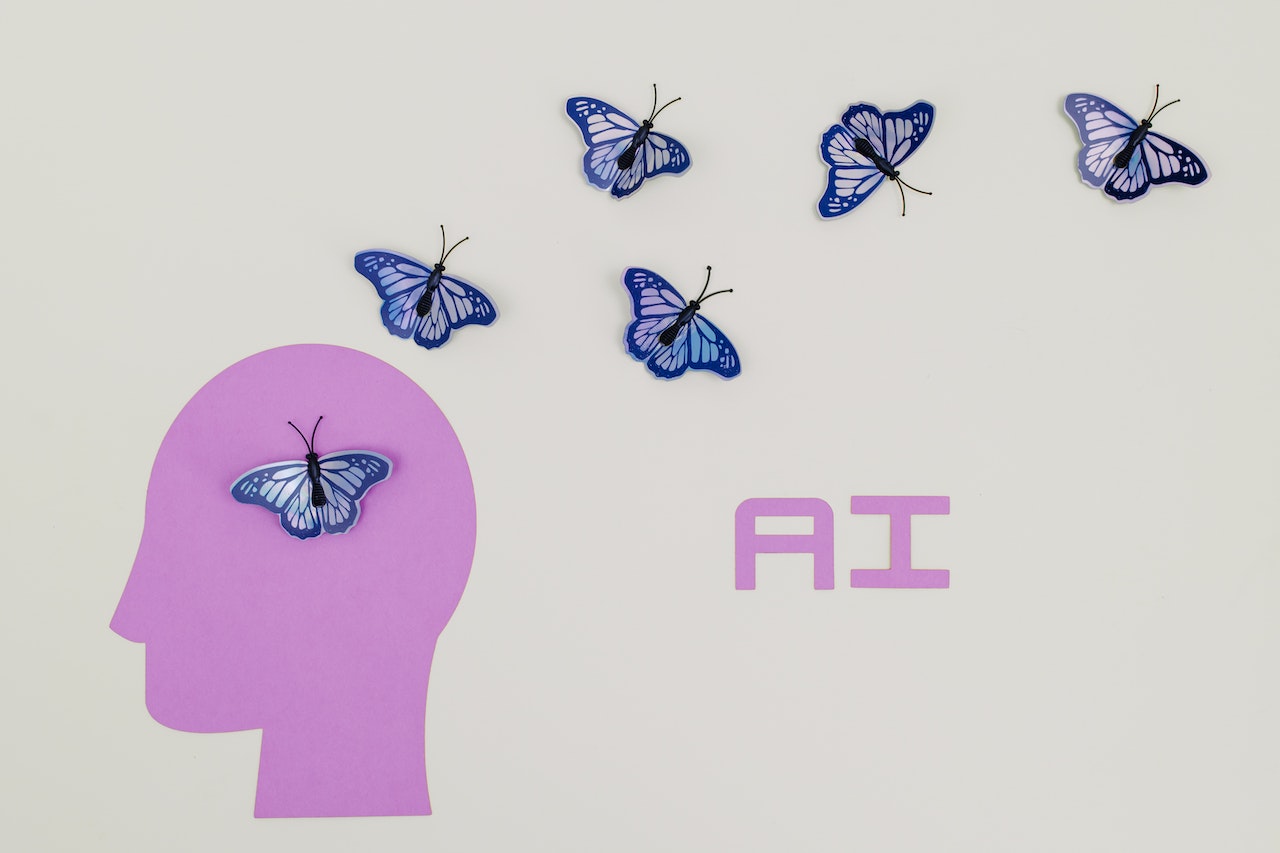Artificial Intelligence (AI) and automation technologies continue to reshape industries and redefine the way we live and work. From advancements in machine learning algorithms to the integration of robotics in various sectors, staying informed about the latest news in AI and automation is crucial. In this post, we will explore some of the recent developments and their impacts on different industries and society as a whole.
- Breakthroughs in Natural Language Processing: Recent advancements in natural language processing (NLP) have led to significant progress in understanding and generating human language. This technology has paved the way for more advanced virtual assistants, chatbots, and language translation tools. NLP breakthroughs are revolutionizing customer service, content creation, and communication across various industries.
- Robotics and Automation in Manufacturing: The manufacturing industry is witnessing a rapid integration of robotics and automation. Collaborative robots, or cobots, are being employed to work alongside humans, enhancing productivity and safety. Automation solutions, such as robotic process automation (RPA), are streamlining repetitive tasks, improving efficiency, and reducing costs in manufacturing processes.
- AI in Healthcare and Medicine: AI is revolutionizing the healthcare sector, enabling faster and more accurate diagnoses, personalized treatment plans, and drug discovery. Machine learning algorithms are being utilized to analyze large volumes of medical data, assist in medical imaging interpretation, and predict patient outcomes. AI-powered chatbots are also being deployed for telemedicine and patient support.
- Autonomous Vehicles and Transportation: Advancements in AI have propelled the development of autonomous vehicles. Companies are testing self-driving cars, trucks, and drones, aiming to transform transportation by improving safety, reducing congestion, and enhancing fuel efficiency. These developments have implications for logistics, delivery services, and public transportation.
- Ethical and Responsible AI: As AI technologies become more prevalent, discussions around ethical considerations and responsible AI practices are gaining prominence. This includes addressing bias in algorithms, ensuring transparency in decision-making processes, and establishing guidelines for AI governance. Industry leaders and policymakers are working to strike a balance between innovation and ethical use of AI.
- AI for Cybersecurity: The rise in cyber threats has prompted the adoption of AI in cybersecurity. AI-powered systems can detect and respond to cyber threats in real-time, bolstering defense mechanisms and preventing potential breaches. From anomaly detection to threat intelligence analysis, AI is playing a critical role in strengthening cybersecurity frameworks.
- Impact on the Workforce: The integration of AI and automation technologies inevitably raises questions about the impact on jobs and the workforce. While automation may eliminate certain repetitive tasks, it also opens up new opportunities for reskilling and focusing on higher-value work. Workforce restructuring and collaboration between humans and AI are becoming crucial aspects of the evolving job market.
Conclusion: AI and automation technologies are transforming industries across the board, from healthcare and manufacturing to transportation and cybersecurity. Staying updated on the latest developments allows us to understand the potential benefits, challenges, and implications for various sectors and society as a whole. By embracing these technologies responsibly, we can harness their potential to drive innovation, efficiency, and positive change in our increasingly digital world.


